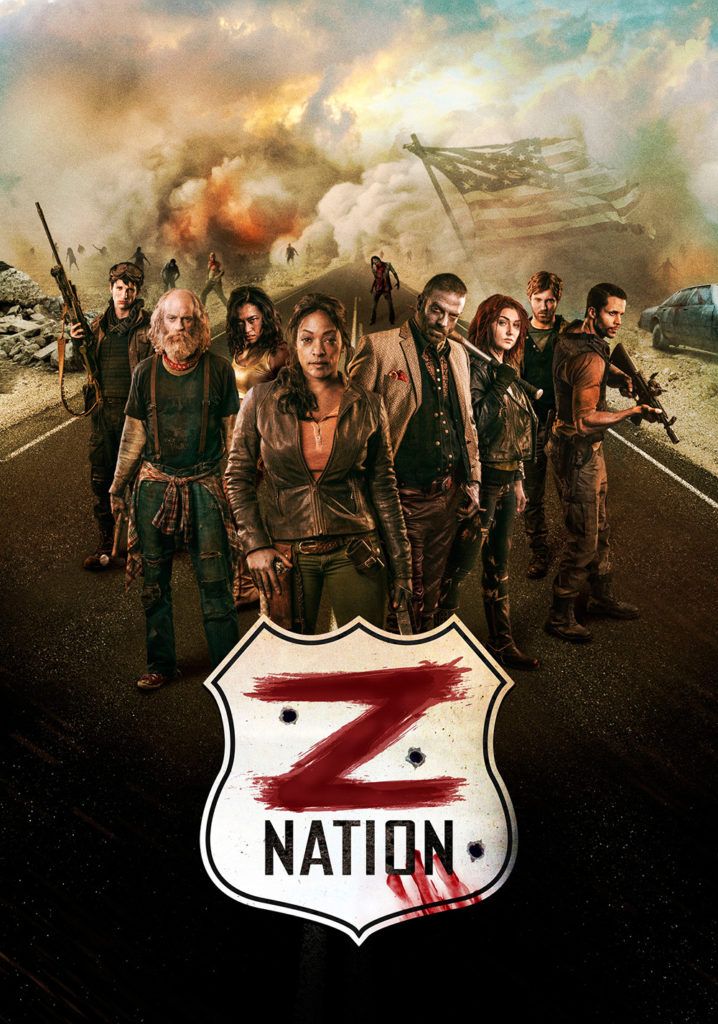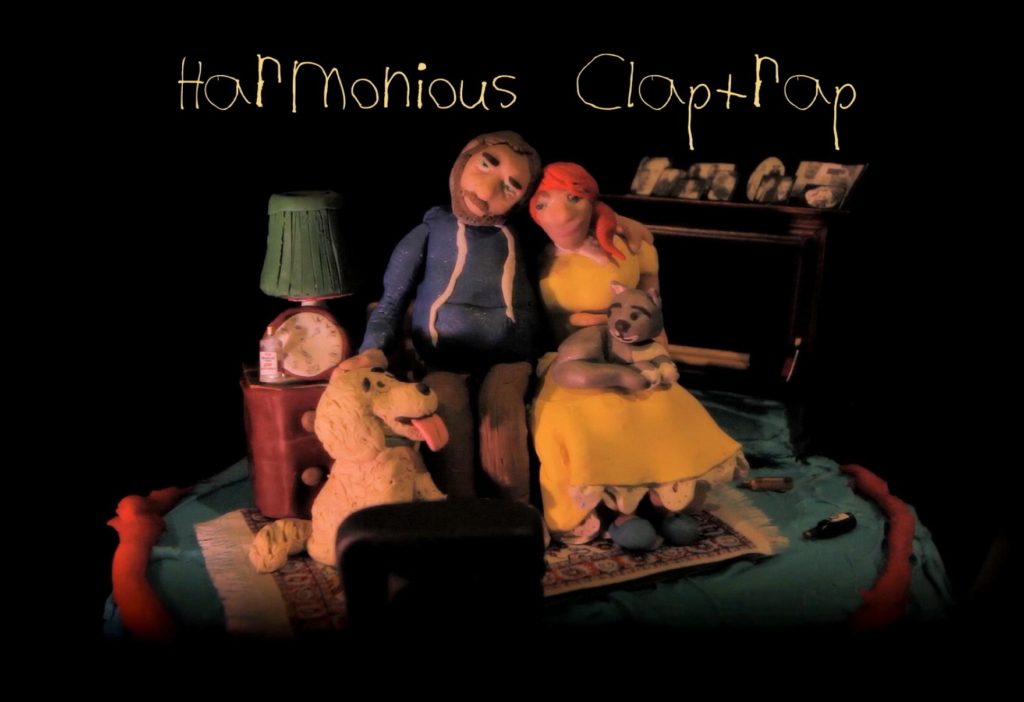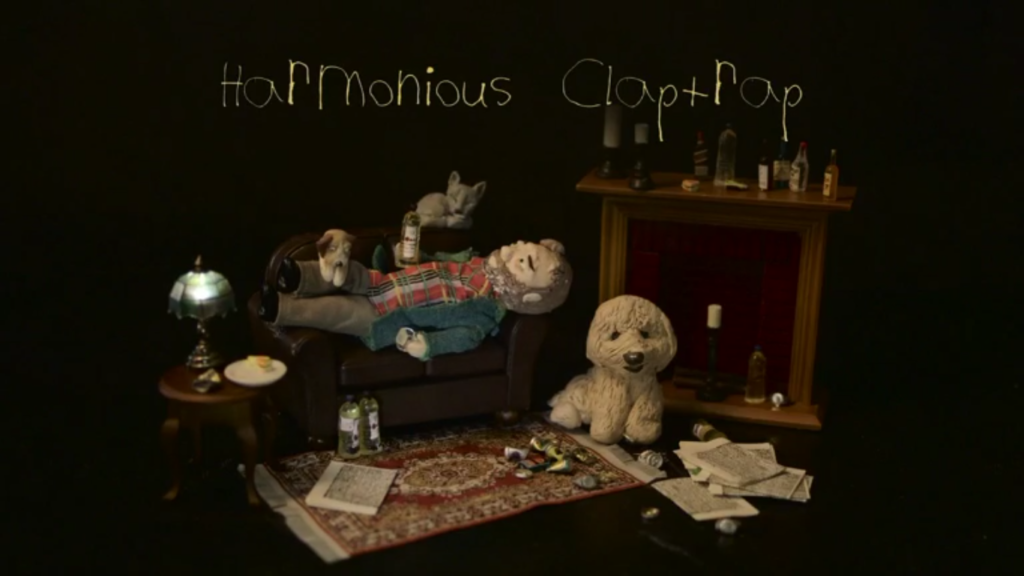Ben Edlund may not be a name you’re familiar with, but you may know of his most famous creation: The Tick. From humble comic shop beginnings in 1986, the satirical superhero franchise grew to a national and then international following, then an animated series and two live-action small screen adaptations, the most recent of which has debuted on Amazon recently to what seem to be good reviews so far.

I haven’t seen the new series yet but it’s good to hear that Edlund has apparently lost none of his edge, as detailed in this interview. An excerpt of which I found very interesting, since in his discussions of what makes the superhero genre, well… tick… Edlund brings up Westerns:
“What explains the Westerns? World War II, I think,” Edlund says by way of comparison. “Where does the wounded fucking guy who can’t tell his pain to anybody — where does that come from? Where does emptiness, peace, and quiet as a fantasy come from? What is the story of all that shit?”
This put me in mind of a documentary called Five Came Back that Dawn and I watched not too long ago, which spent some time on famous Western filmmaker John Ford and how his military service in WWII informed his postwar work. You need only watch Stagecoach (1939) and The Searchers (1956) back-to-back to see a fairly gaping tonal difference even though the superficial elements are the same (including John Wayne being the star). Westerns of course predate the start of World War II, but it’s only after the war that you really start getting that genre feel of the lone man or small band of men on their own, often struggling to deal with a world that no longer seems to understand them or have a place for them. I’ve talked up George Stevens’ Shane (1953) before as the arguable ur-example of this, and wouldn’t you know it, Stevens was on the frontlines of WWII as well.
What also struck me about Edlund’s quote was thinking back to how The Searchers unabashedly interrupts its dark existentialism towards the end for an absurdly staged, lengthy fistfight at a wedding party, complete with one of the guys involved all but calling a time out while he gets someone’s abandoned fiddle out of the way before the next punch. It goes on for so long and is so comically bizarre that the only comparison I have is the similar scene in They Live where two grown, burly men are fighting over one of them putting on a pair of sunglasses.
And yet that’s the thing, isn’t it? Catch-22 and other works like it certainly prove that darkness and absurdity can walk hand in hand. Stoicism and absurdity are also aspects that can go together… The Tick isn’t really a stoic sort but if you’ve never seen the movie Airplane!, the performances of Leslie Nielsen, Peter Graves and Robert Stack in that movie are perfect specimens of how being oh-so-serious can be oh-so-funny. The idea of “deadpan humor” is entirely built around this phenomenon, and in the world of Zombie Ranch Frank is probably my best example.
The Tick has similarly flirted with a dark side to its humor that doesn’t undercut it so much as throwing it into greater relief. It can be a fine line to walk to avoid figuratively breaking your audience’s neck with the mood whiplash, but if you can get it right a bit of contrast can really add up to more than the sum of its parts and (bizarre as it is to say this) actually give a sense of verisimilitude over a piece that is relentlessly on one side or another.










